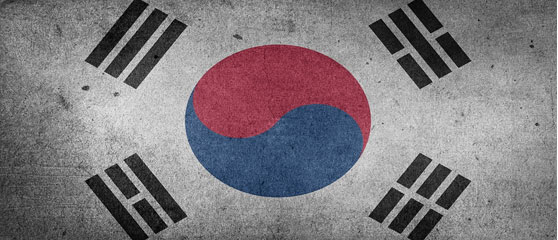The continued implementation of a discriminatory South Korean drug policy is perpetuating long-standing misconceptions about Westerners’ involvement in illegal activity.
In order to teach a foreign language in South Korea, visitors must apply for an E-2 visa – a condition of which is to submit to a mandatory drug test upon arrival in the country. This involves prospective teachers having to provide both blood and urine samples to authorities.
The test detects prior use of illegal drugs, including cannabinoids, opioids, amphetamines, and cocaine. Any applicant who tests positive for drug use will have their visa and employment contract terminated, and must return to their home country without any reimbursement.
The number of people applying for the E-2 visa has risen dramatically in recent years, particularly due to the growing popularity of learning English among young Koreans.
In 2008, a bill was proposed to impose mandatory drug testing for E-2 visa holders. Although the bill did not pass, drug-testing for E-2 visa holders gradually became the norm during the following years.
At the time, legislators who proposed the bill had justified their plans because of “the threat [that foreigners] pose to our society's public order and our people's health”.
However, the notion of foreigners posing a greater danger to society than native Koreans was statistically disproved at the time that the legislation was introduced.
In 2008, "the crime rate among foreigners was 1.4 per cent compared with the 3.5 per cent rate among Korean citizens", the Asian Correspondent reported. Furthermore, only 0.05 per cent of English-language teachers in the country were arrested for drug offences that year.
Despite this, a host of openly nationalist and xenophobic groups, such as the Anti-English Spectrum, advocate the continuation of this drug policy under the guise of protecting Korean students from harm.
This perceived association between English-speaking foreigners and drug use has a long history in South Korea; its roots may be traced back to the country’s ban on cannabis.
In 1976, President Park Chung-Hee enacted the Cannabis Control Act, which criminalised the possession and use of cannabis.
At this time, cannabis use was strongly associated with growingly influential elements of Western culture.
Kim Chang-nam, a professor and author of several books on Korean youth culture, described this law as being "especially aimed at the young generation, who were being influenced by Western hippies and rock music. Park considered that as a challenge to his authority".
The criminalisation of cannabis use thereby allowed authorities to target young people who appeared to be embracing Western culture and rejecting traditional Korean norms.
The discriminatory drug testing of foreign English-language teachers could, therefore, be construed as following the anti-Western agenda that led to cannabis prohibition in South Korea.
The continuation of the discriminatory drug testing approach is set to continue, as the government has shown no sign of backing down.


